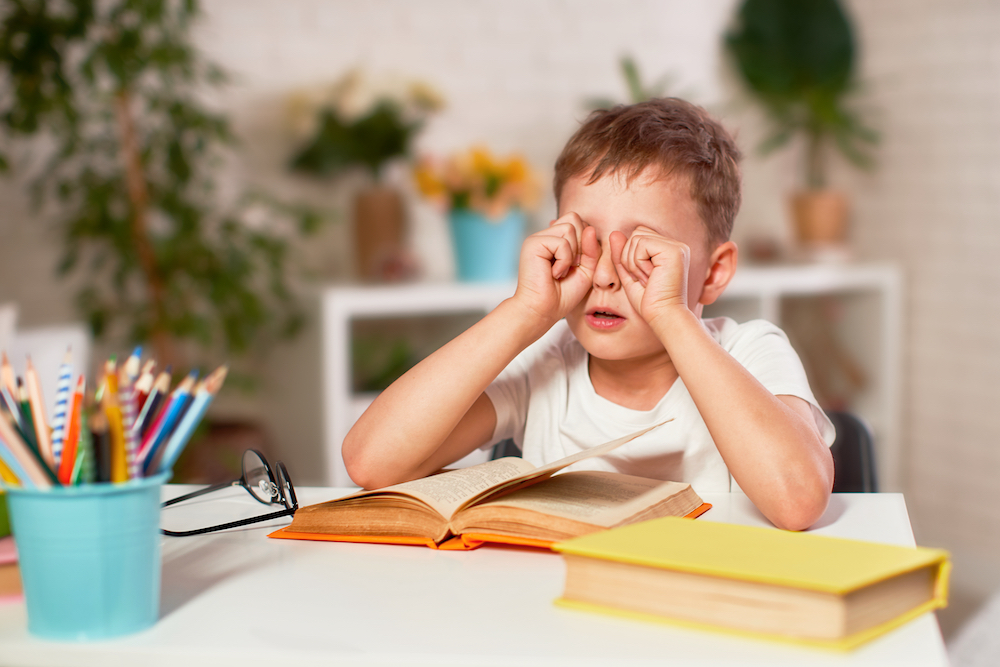
Did you know that 80% of learning is visual? That means your child's eyes are crucial to their learning and development. Your little one's eyes enable them to see the board, read books, use computers, and do other visual tasks. They also help your child develop hand-eye coordination, depth perception, and eye-tracking skills.
No wonder that a vision problem can make it hard for your child to keep up with their classmates and understand their assignments. They may also lose interest, confidence, or motivation in school. Luckily, many vision problems are detectable and treatable with a comprehensive eye exam and vision therapy. The following eye conditions can affect your child's school performance:
Blurry Vision
Many children have blurry vision because their eyes cannot focus light correctly on the retina. This is the light-sensitive tissue at the back of the eye. This can happen because of refractive errors such as myopia (nearsightedness), hyperopia (farsightedness), or astigmatism. These conditions make distant, near, or all objects look blurry or distorted.
The good news is that blurry vision is generally correctable with glasses or contact lenses. Your optometrist can prescribe the right prescription for your child and help them see clearly and comfortably.
Crossed Eyes (Strabismus)
Instead of gazing straight ahead, one or both eyes may shift inward or outward. It can affect your child's eye alignment, eye teaming, and binocular vision. Crossed eyes can make it difficult for your child to focus on a single object, track moving objects, or read smoothly. It can also cause double vision, headaches, or confusion.
Crossed eyes are treatable with glasses, contact lenses, prism lenses, eye exercises, surgery, or vision therapy. Your child's crossed eyes may have several causes. Your optometrist can identify them and recommend the best action.
Lazy Eye
Lazy eye (amblyopia) is when one eye has a weaker vision. It happens when the brain favors one eye over the other and ignores the signals from the weaker eye. Lazy eye can affect your child's depth perception, eye coordination, and visual skills. It can make them lose confidence in their abilities and self-esteem.
Lazy eye is treatable with glasses, contact lenses, eye patches, eye drops, or vision therapy. The earlier it is detected and treated, the better the outcome. Your optometrist can diagnose your child's lazy eye and recommend the best treatment.
How to Help Your Child
Do not ignore any signs of poor vision in your child. These include eye pain, redness, light sensitivity, frequent blinking, closing one eye, or avoiding near or far tasks. These could indicate an eye condition that needs treatment. Take your child to an optometrist as soon as possible for a comprehensive eye exam. This can help detect and treat any vision problems and improve your child's vision and school performance.
Conclusion
Your child's eyes are vital for their success and happiness. By taking care of their eyes and visiting an optometrist regularly, you can help them see better and learn better. Please do not wait until your child's vision problems affect their school performance. Schedule an eye exam with your optometrist today and give your child the gift of clear vision.
For more on pediatric eye care, contact Highlands Optometry at our Bristol or Wise, Virginia office. Call (276) 466-4227 or (276) 679-5612, respectively, to schedule an appointment today.






